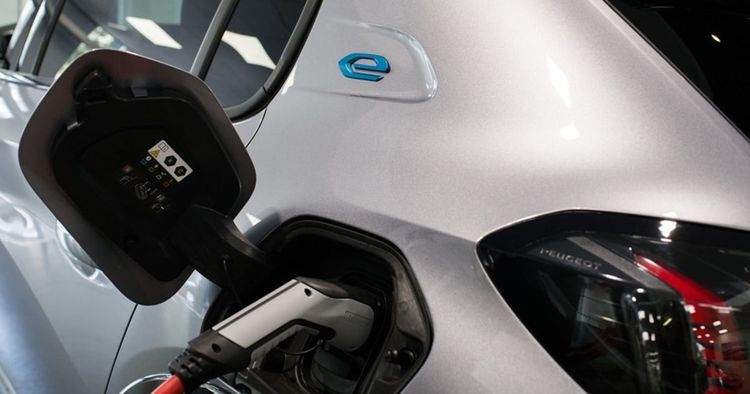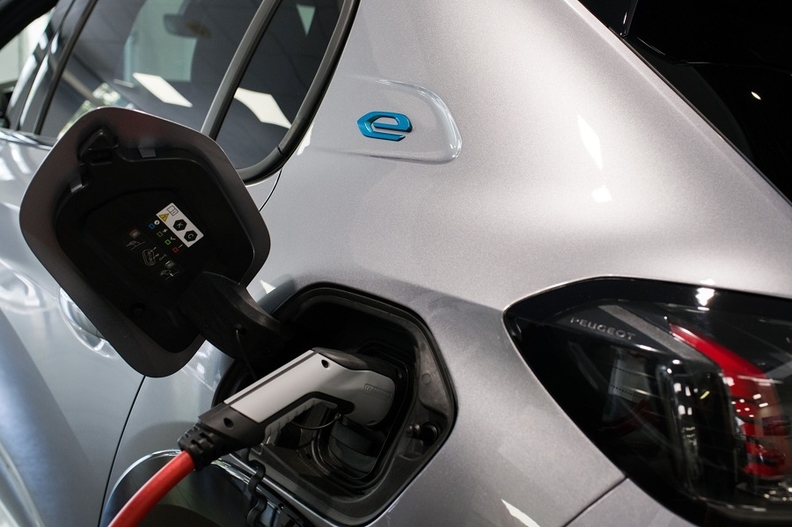Stellantis, VW vie for ethanol fuels lead in Brazil

Jump to primary content.
Over 60% Of Stellantis' Brazil Sales By 2030 To Be Biofuels-hybrid Vehicles, Says President
Stellantis intends to commence the manufacturing of its initial flex-hybrid automobiles propelled by a combination of ethanol and electricity in Brazil before 2024. This initiative is aimed at securing a leading position in the race for dominating the electric vehicle market in the largest economy of Latin America.

According to Antonio Filosa, the president of Stellantis in South America, there are three experimental models that integrate electric power with ethanol engines, along with one model that operates solely on electric power.
According to the statement, approximately 60 percent of the car manufacturer's sales in 2030 will comprise vehicles equipped with their biofuels-hybrid technology.
According to Filosa, Brazil possesses a vast automobile industry, unparalleled adaptability, which ought to be capitalized upon. Speaking from the group's research facility in Betim, Minas Gerais, Filosa stated, "We hold a variety of technologies and rely minimally on imports for components. This affords us enhanced competitiveness."
Automobile manufacturers on a global scale are vying against one another to be the first to implement the revolutionary blend of ethanol and electricity on the roads of Brazil. Volkswagen has strategized to launch a grand total of 15 vehicles that run on both electricity and flex-fuel by the year 2025, with hybrid models to be introduced thereafter.
The electric vehicle technologies will need to vie for market dominance against flexible-fuel vehicles - which run on a combination of gasoline and ethanol - that enjoy immense popularity in Brazil.
According to Anfavea, the organization representing the automotive industry, the sales of hybrid or fully electric vehicles in Brazil made up merely 2.5 percent of the overall vehicle sales in the previous year.
According to Bright Consulting, it is anticipated that the utilization of technologies in light vehicle sales will only reach 7 percent by 2030. This figure is substantially lower compared to the global average estimate of 37 percent.





















